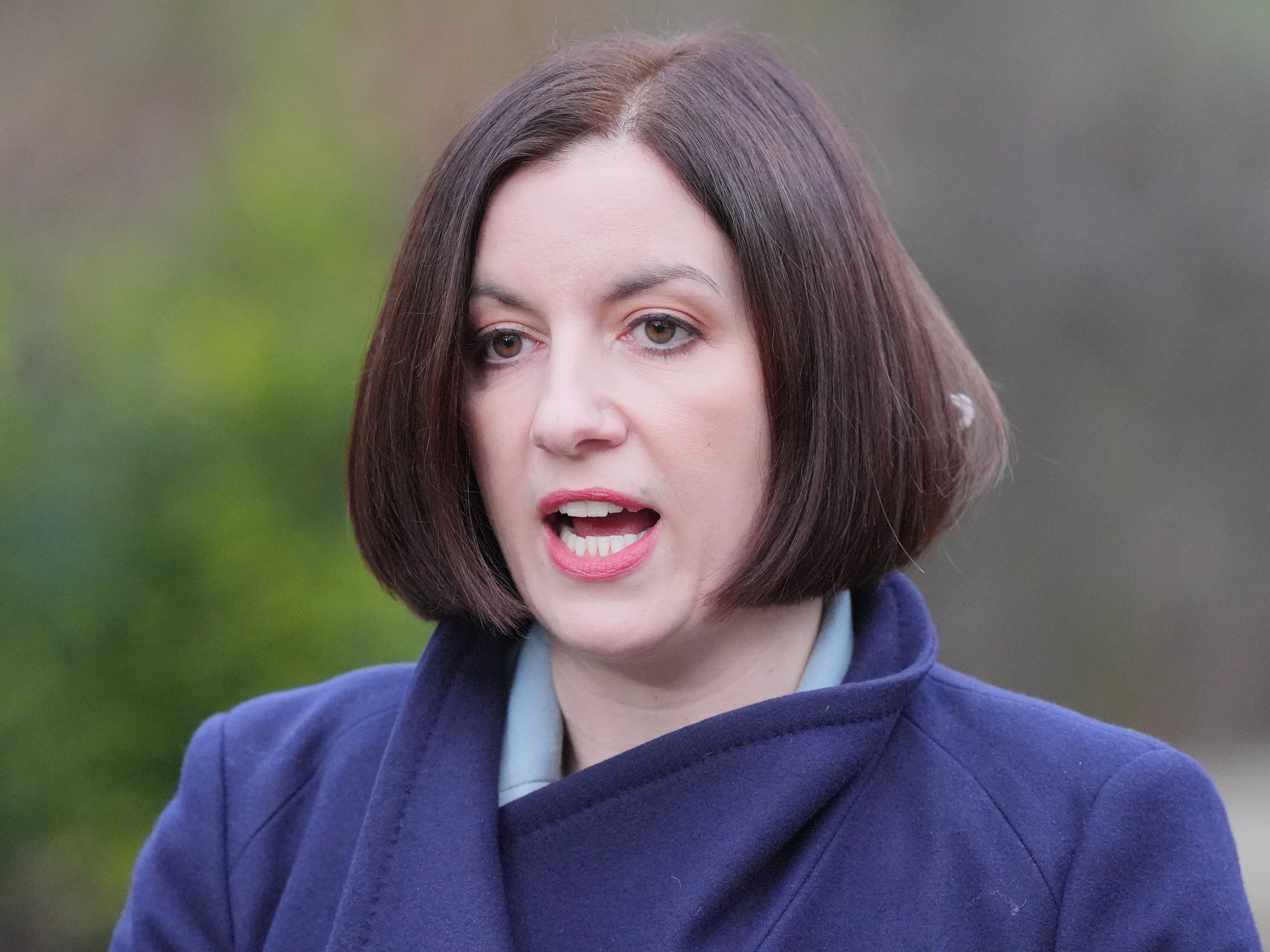Government set to reintroduce controversial university free speech law
Legislation was put on hold last year over fears it would permit hate speech such as Holocaust denial on campus

Your support helps us to tell the story
From reproductive rights to climate change to Big Tech, The Independent is on the ground when the story is developing. Whether it's investigating the financials of Elon Musk's pro-Trump PAC or producing our latest documentary, 'The A Word', which shines a light on the American women fighting for reproductive rights, we know how important it is to parse out the facts from the messaging.
At such a critical moment in US history, we need reporters on the ground. Your donation allows us to keep sending journalists to speak to both sides of the story.
The Independent is trusted by Americans across the entire political spectrum. And unlike many other quality news outlets, we choose not to lock Americans out of our reporting and analysis with paywalls. We believe quality journalism should be available to everyone, paid for by those who can afford it.
Your support makes all the difference.Legislation to protect freedom of speech on university campuses is back on the government agenda, after Labour initially halted plans due to concerns over student welfare.
The Higher Education Freedom of Speech Act offered a number of controversial powers, as the regulatory Office for Students (OfS) could fine and sanction universities, higher education providers and student unions for failing to uphold free speech.
The Act, passed by the previous Tory government, also offered a complaints scheme for students, staff and visiting speakers to seek compensation if they suffered from a breach of the university’s free-speech obligations.
Its aim was for universities to “secure” and promote the importance of freedom of speech and academic expression on campuses.
A government source told the BBC that the legislation would begin again to become workable, although it remains unclear how the Act may be adapted from what was originally suggested.
Education secretary Bridget Phillipson originally paused the legislation in July 2024, not long before it was due to come in full force.
At the time she said: “I am aware of concerns that the Act would be burdensome on providers and on the OfS, and I will confirm my long-term plans as soon as possible.”
She suggested the Act offered the potential to allow for hate speech, including Holocaust denial, on campus.
Phil Rosenberg, president of the Board of Deputies of British Jews, welcomed the Government’s decision to halt the legislation. He said that while it was well-intentioned, “it risked enabling antisemitic extremists to access university campuses by severely impacting the ability of universities to block their presence.”
The Tories called Labour’s decision to halt the legislation “chilling” in October 2024, to which education minister Catherine McKinnell responded: “This Government is absolutely committed to freedom of speech.”
Former education secretary Gavin Williamson originally said the legislation would allow speakers to “articulate views which others may disagree with as long as they don’t meet the threshold of hate speech or inciting violence”.
Join our commenting forum
Join thought-provoking conversations, follow other Independent readers and see their replies
Comments